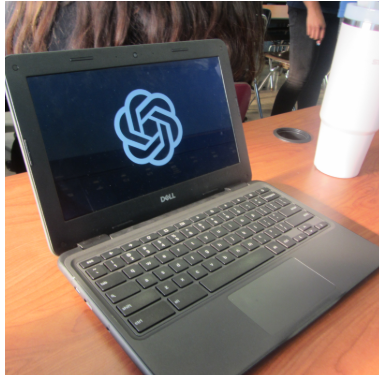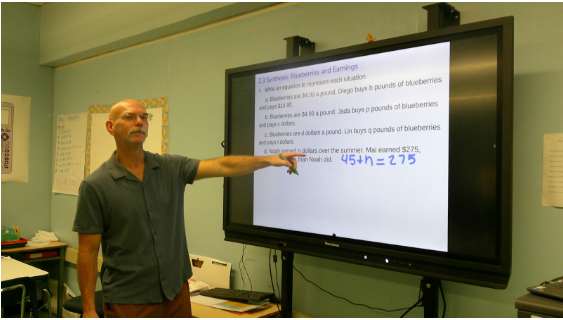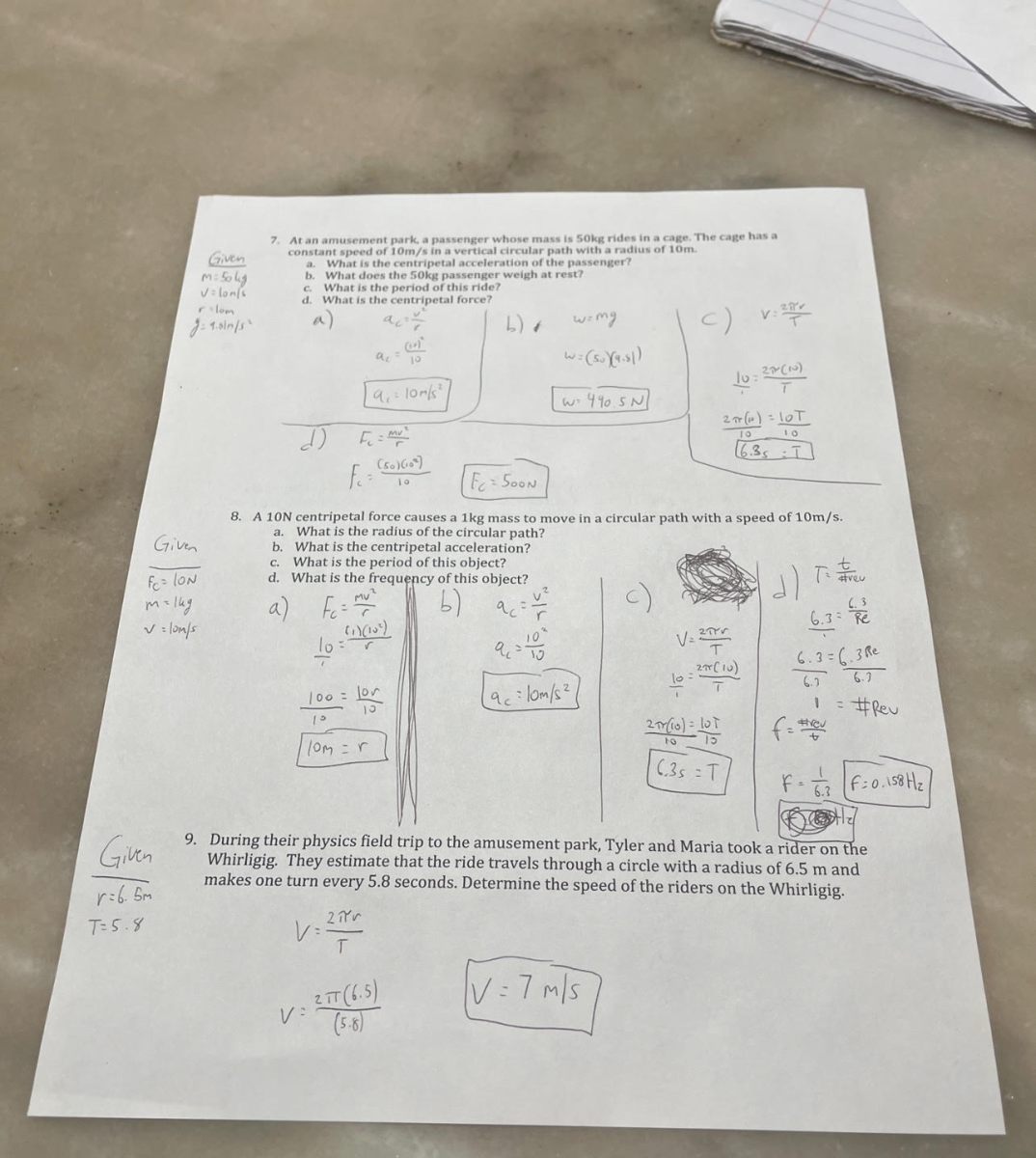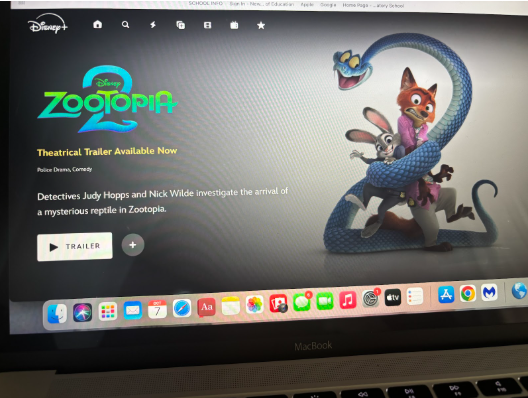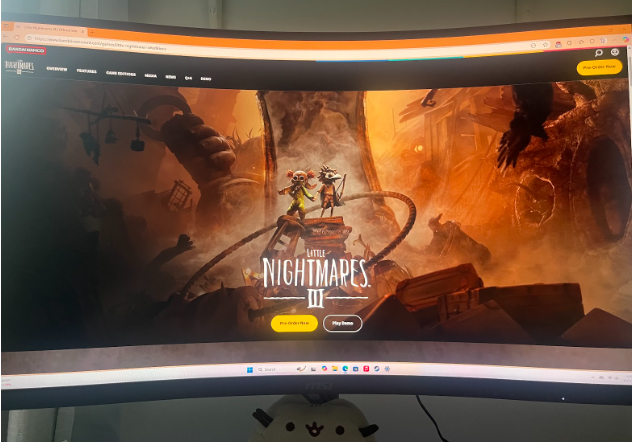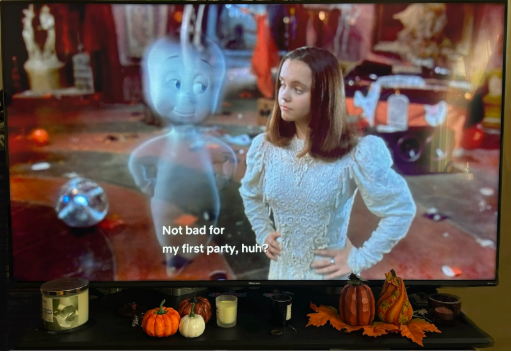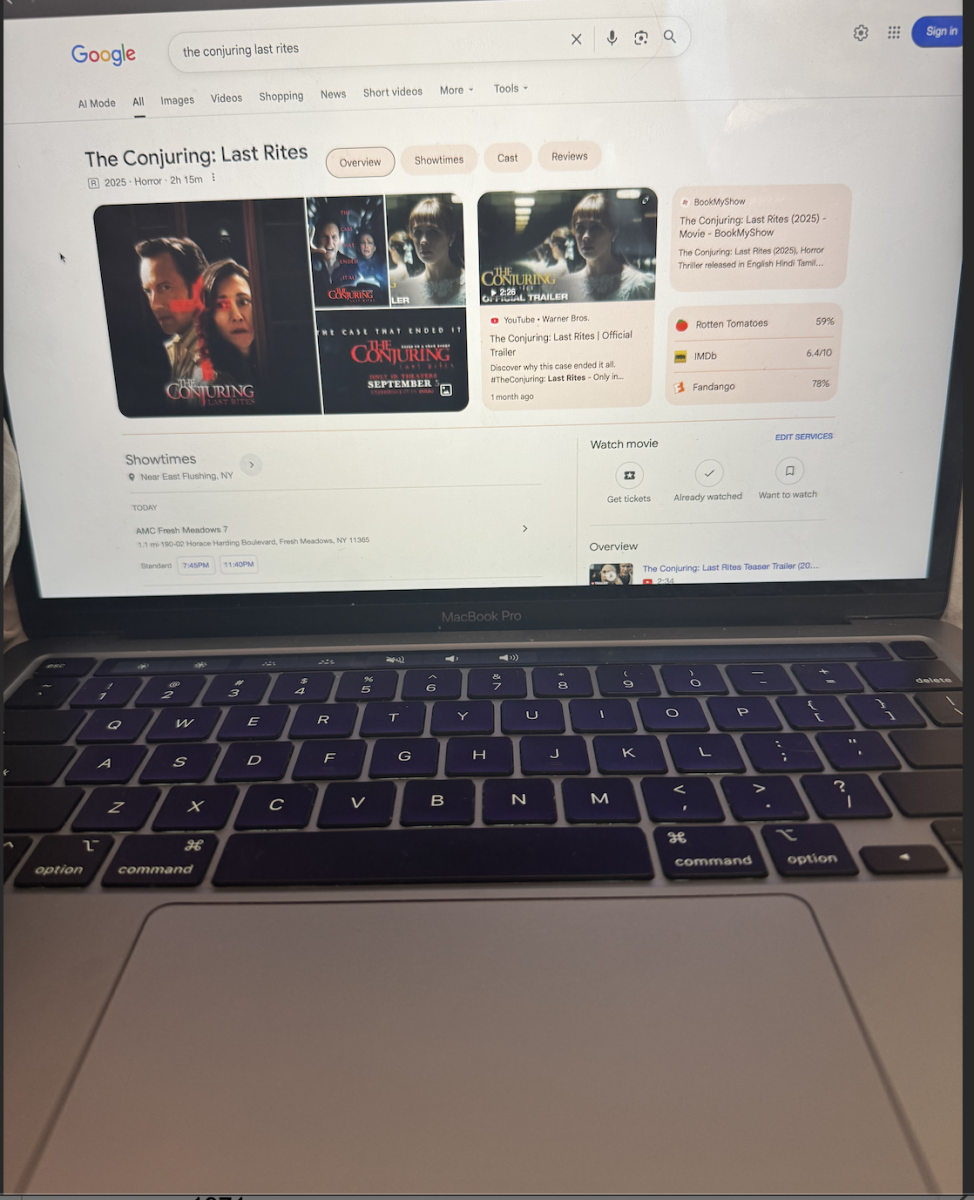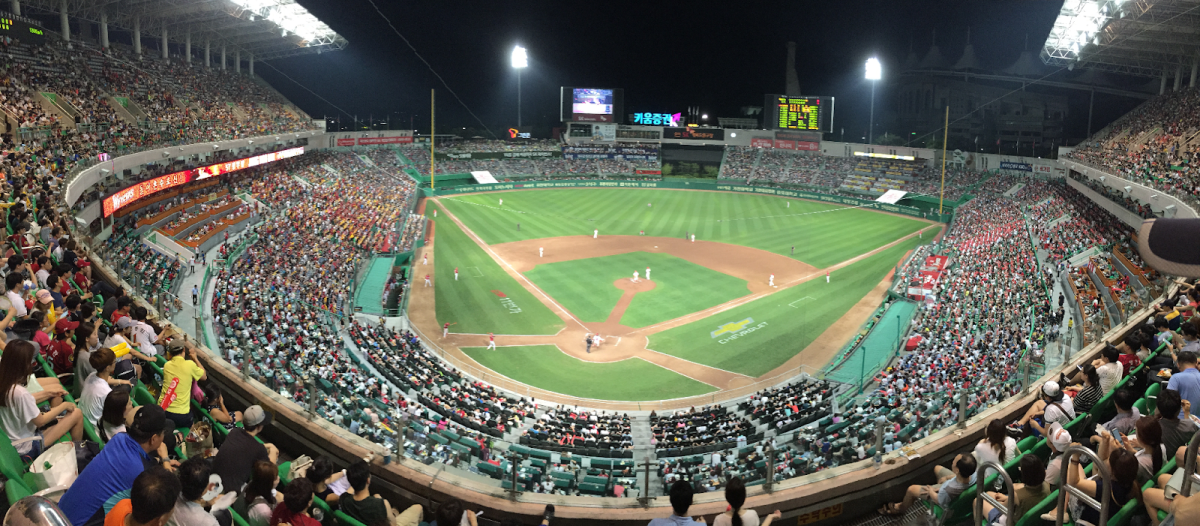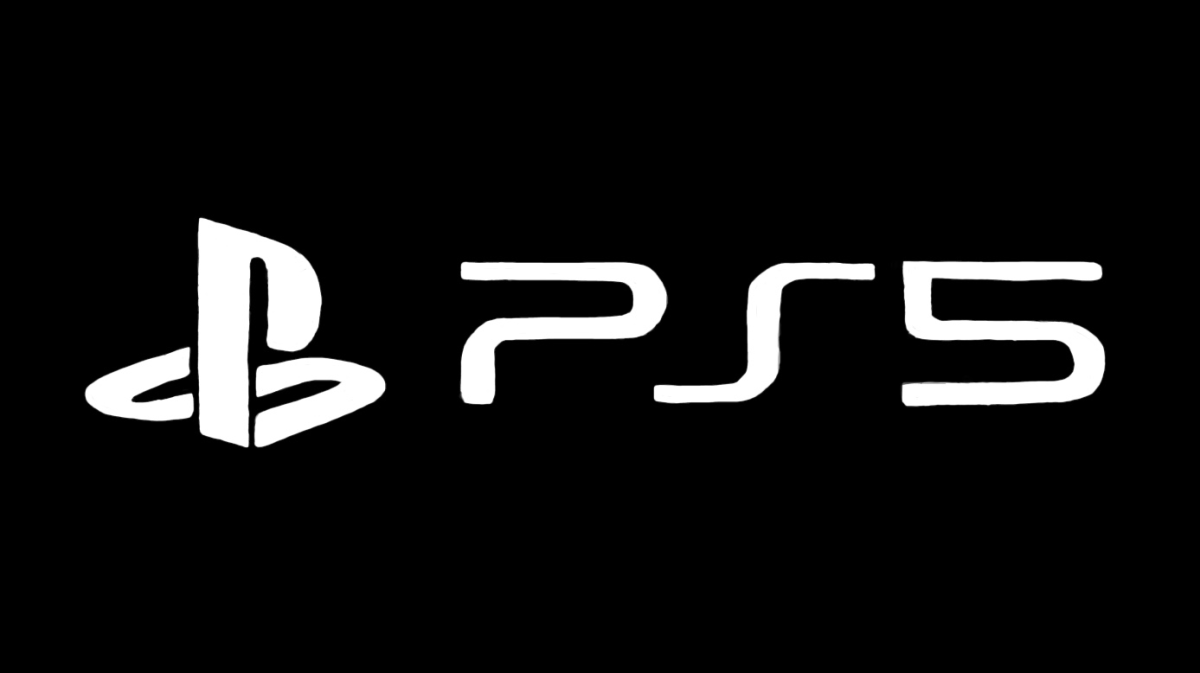
by Madeline Heinsen, staff reporter
As weird as it sounds, consuming a placenta, or placentography, after birth can have a lot of positive effects.
During pregnancy, the first reproductive organ that forms, before the organs of the fetus, is the placenta. The placenta is what connects the mother and the child through the uterus, delivering oxygen, nutrients and hormones as well as removing waste from the fetus.
“That’s so weird. Why would anyone even think of doing that? That’s like eating your own liver. No thanks, that’s not normal,” senior Terell Jones said.
Consuming a placenta can raise energy and breast milk quantity, while leveling ones hormones and lowering chances of postpartum depression or insomnia. 80% of mothers experience postpartum depression. Consuming one’s placenta after giving birth can reduce the percentage.
If the mother experiences postpartum depression, she will be prescribed medication that will pass on to the newborn through breast milk. Mothers who decide to not expose their babies have to choose between not breastfeeding their children or struggle with depression.
“I would never consume my placenta for the nutrients. I think it’s a marketing scheme. If you need nutrients just eat fruits and vegetables like everyone else. The placenta is for the delivery table not the dinner table,” English teacher Ms.Marks said.
Although these claims have not been fully tested, experts conclude that the idea is more true than false.


